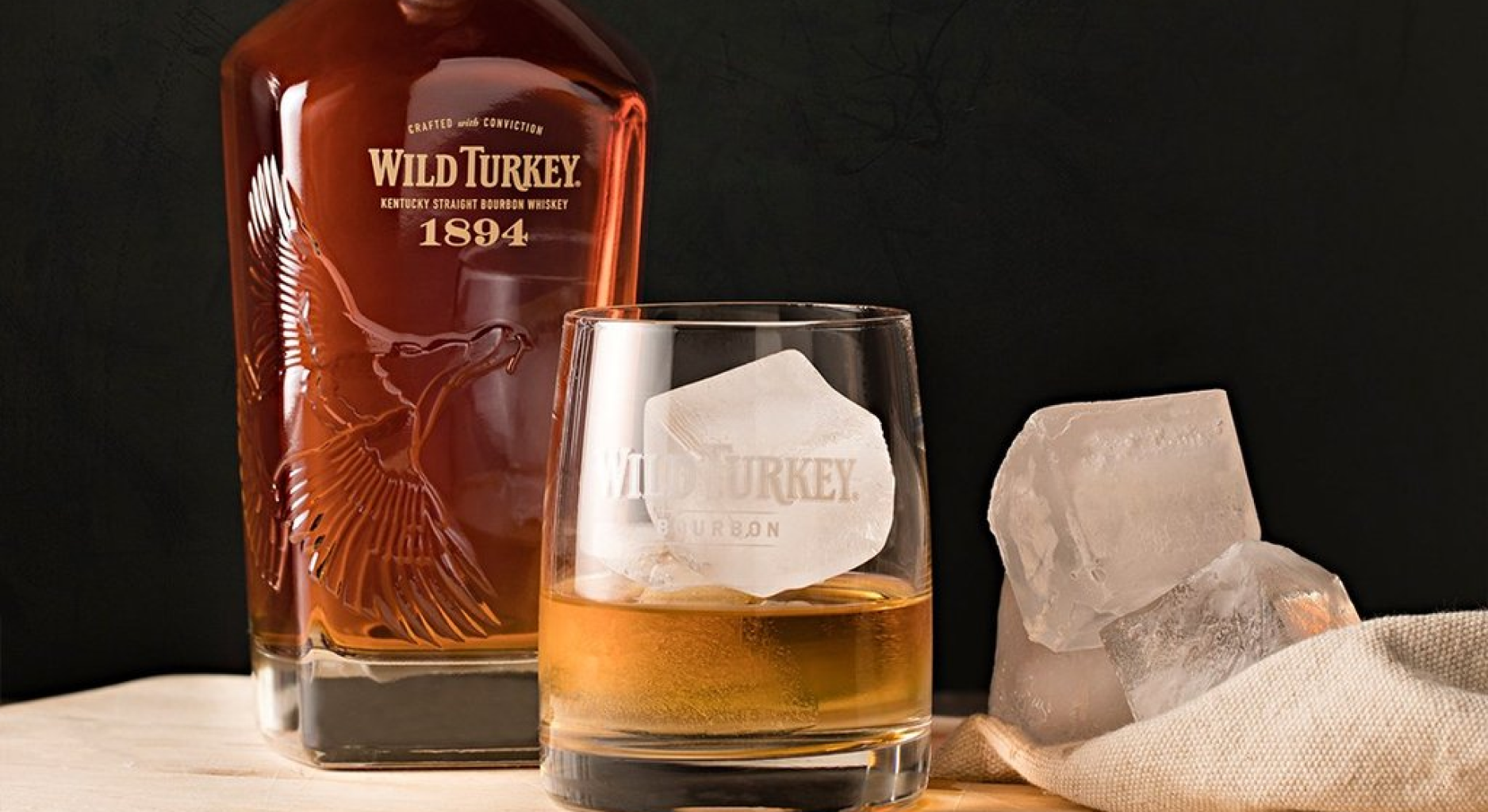What is “Angels' share” in whisky?

As much as half a cask of whisky can be consumed by the Angels' Share, depending on how long the whisky is aged. The longer a whisky sits, the more of it evaporates away. The environment also plays a role in this process. Factors such as cask size and ambient moisture can affect how much whisky is lost. When a barrel ages in a dry, cool environment, such as a temperature-controlled cellar, more of the evaporation is pure water, and the overall alcohol content will become more concentrated. Conversely, warmer humid environments will claim more of a whisky’s alcohol content, lowering its overall proof.
The benefits of evaporation
As much as half a cask of whisky can be consumed by the Angels' Share, depending on how long the whisky is aged. The longer a whisky sits, the more of it evaporates away. The environment also plays a role in this process. Factors such as cask size and ambient moisture can affect how much whisky is lost. When a barrel ages in a dry, cool environment, such as a temperature-controlled cellar, more of the evaporation is pure water, and the overall alcohol content will become more concentrated. Conversely, warmer humid environments will claim more of a whisky’s alcohol content, lowering its overall proof.
Whisky pricing
Whiskies increase in price and rarity as they age, and this isn’t just because of the time required to make them. A distillery still has to pay to produce all the whisky that evaporates, and those costs usually find their way into the remaining whisky’s price. If a 25 year-old cask of whisky typically loses around 40 percent (or more!) of its contents, then you can bank on the price per bottle going up considerably. Whiskies aged for less time, like 10 or 18 years may only lose 20 or 25 percent of their total volume, but even that’s still enough to affect the price tag.
On average, whisky barrels lose about 2 percent of their contents per year to evaporation.
Lessening the Angels'
We’ve been distilling whiskies for a lot longer than we’ve understood the science behind the process. Many years ago, early whisky makers were perplexed by the disappearing alcohol and coined the name “Angels' Share” as a way to explain their half-empty barrels. Surely the local angels were just taking their cut. Over the years, we’ve been able to piece together a more accurate picture of what happens during maturation, and soon we may be able to combat it.
The Devil’s Cut
Evaporation isn’t the only culprit when it comes to lost whisky. Ageing barrels can also steal their share of the drink. The wood of the barrel will naturally absorb a certain amount of whatever is contained in it, and just like with the Angels' Share, the longer a whisky ages, the more of it will be lost to this process.
Wood is naturally porous, with the level of porosity depending on the type of wood. Of course, a more porous wood cask is going to snag more of the brew. Since no evaporation is involved in the Devil’s Cut, it has no effect on the overall proof of the whisky. Between angels and the devil, we’re missing out on a lot of good whiskies!
